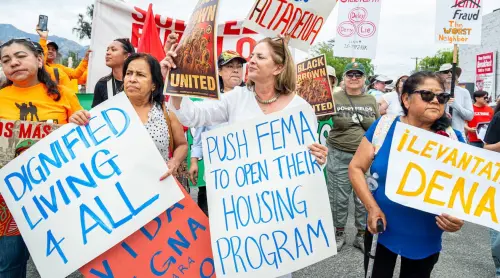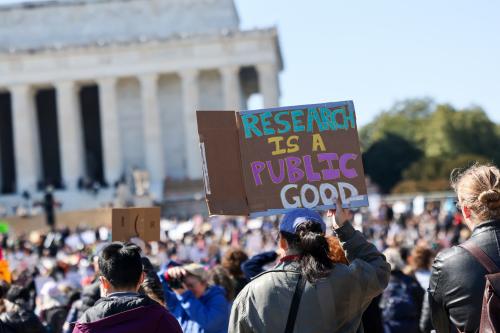

10:00 am EDT - 2:00 pm EDT
Past Event
10:00 am - 2:00 pm EDT
1775 Massachusetts Ave. NW
Washington, DC
The purpose of this series is to analyze trends in media coverage of world-wide humanitarian crises and the impact this coverage has on government policies, relief operations, and ultimately on the victims of the crises. This analysis is intended to lead to practical solutions for improving both working relationships among responders and the response itself to international crises — arriving at a common understanding which can help all parties find common cause in responding to crises. The series will review the roles that NGOs, media, the U.N. and the government play in putting issues on the international agenda and how their work impacts on the collective response – and on each other. These seminars will stimulate a dialogue among veteran, experienced participants on the challenges that journalists, relief agencies and governments face in responding to emergencies. This series will continue throughout the year and draw from ideas brought forward by the participants in shaping the issues and concepts to be addressed.
Download Synthesis Report

Vanessa Williamson, Kathryn Dunn Tenpas
June 5, 2025

Jonathan Katz, Renée Rippberger
April 3, 2025

Vanessa Williamson
March 27, 2025